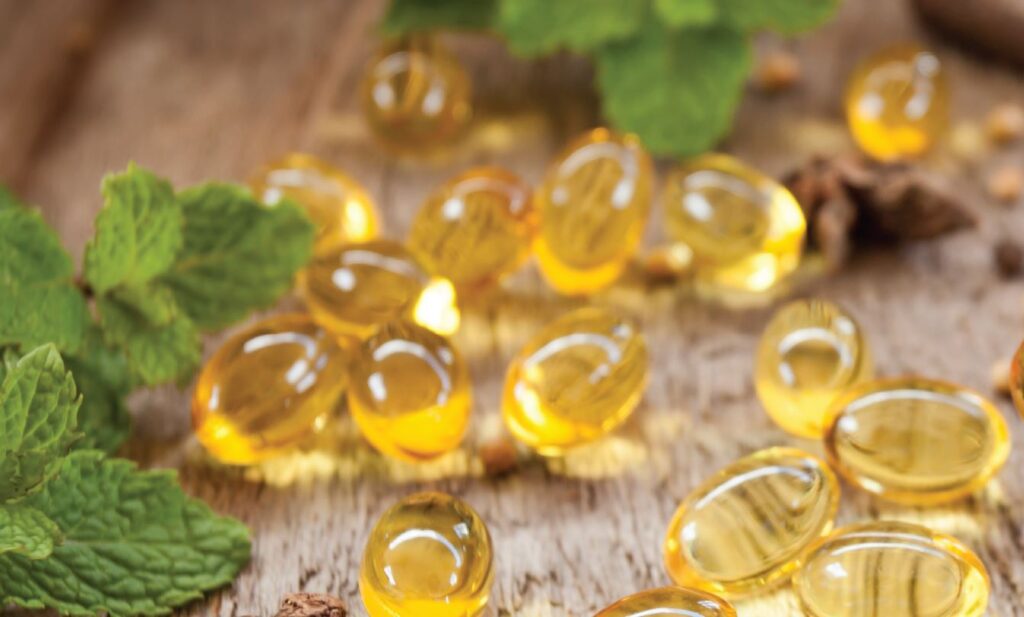Advertisement
Top 5 nutrient must-haves for kids
Advertisement728×90 Leaderboard1. Calcium Not only is calcium important for helping build strong bones as a child grows through to young adulthood, but it’s also essential for muscle contraction, nerve signalling, and hormone release. Bone calcium starts to decrease, though, in young adulthood, so getting off to a healthy start is critical to strong bones later … Continued

Advertisement
1. Calcium
Not only is calcium important for helping build strong bones as a child grows through to young adulthood, but it’s also essential for muscle contraction, nerve signalling, and hormone release. Bone calcium starts to decrease, though, in young adulthood, so getting off to a healthy start is critical to strong bones later in life.
Smart supplementation
It’s especially important to ensure adequate calcium intakes for children who don’t consume dairy. If you need to consider supplements, check the amount of “elemental” calcium in each tablet and remember that calcium is best absorbed when taken in small doses with food.
Advertisement
2. Vitamin D
Our children’s bodies need vitamin D to help with bone and tooth formation because it helps to absorb calcium. Vitamin D also has benefits for immune health, mental health, and overall life expectancy.
Smart supplementation
Few foods naturally carry enough vitamin D and, of those, many are foods your kids may not enjoy (sardines, anyone?). If you can’t get outside with your kids to safely soak up some naturally occurring vitamin D from sunlight, the next best bet is to supplement. Options are many, including drops, gummies, and chewables.
Advertisement
3. Potassium
An essential nutrient, potassium plays an important role in maintaining our total body fluid volume, our acid and electrolyte balance, and our normal cell function. Because potassium is closely aligned with sodium levels in our body, and reduced potassium consumption has been associated with hypertension and cardiovascular diseases, the World Health Organization recently put out guidelines for balancing intakes—for both adults and children.
Smart supplementation
If your child isn’t eating a lot of fresh produce and whole foods, where potassium can naturally be found, it may be necessary to consider supplements. Some multivitamin preparations include potassium in their ingredient list. But many don’t. Supplemental potassium comes as fizzy dissolving tablets, long-acting tablets or capsules, powders, and as a liquid.
Advertisement
4. Probiotics
A diverse set of gut flora teaches the immune system to differentiate between friend and foe, and having the right set of gut microbes boosts the activity of immune cells in the gut.
Smart supplementation
Probiotics like Lactobacillus rhamnosus, L. reuteri, and Saccharomyces boulardii are some of the best-studied species helpful for reducing diarrhea caused by rotavirus, common in children during flu season. Probiotics are also beneficial for reducing allergies and atopic eczema. Probiotic supplements are regarded as safe and are well tolerated by children
Advertisement
5. Multis
Yes, we know that whole natural foods are the best source of important nutrients for our kids. But we also know that kids can be notoriously picky eaters. When parents feel the need to fill those nutritional gaps, multis—usually a combination of necessary vitamins and minerals—are an option.
Smart supplementation
With a variety of kid-friendly forms, including gummies, chewables, and powdered drink mixes, there’s an easy option for just about any fussy child. Just be sure to check the ingredient label before you buy to ensure you’re not buying artificial flavours, colours, or sweeteners.





